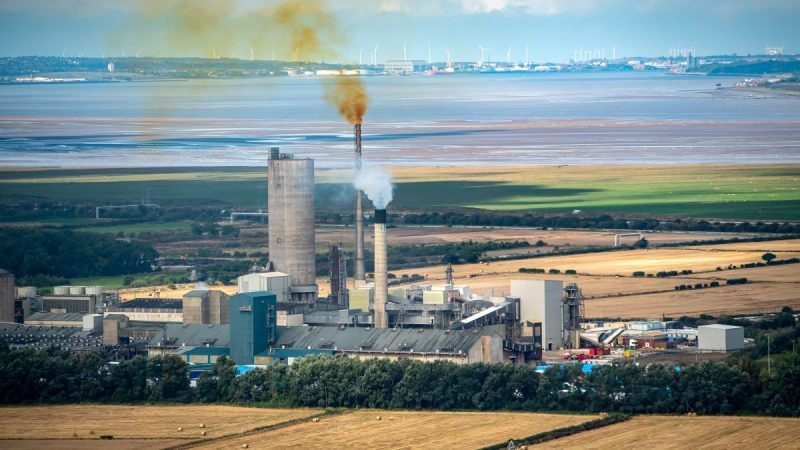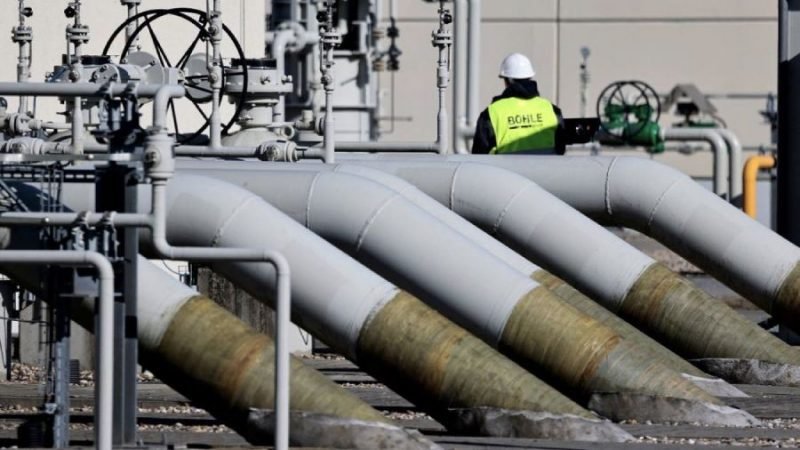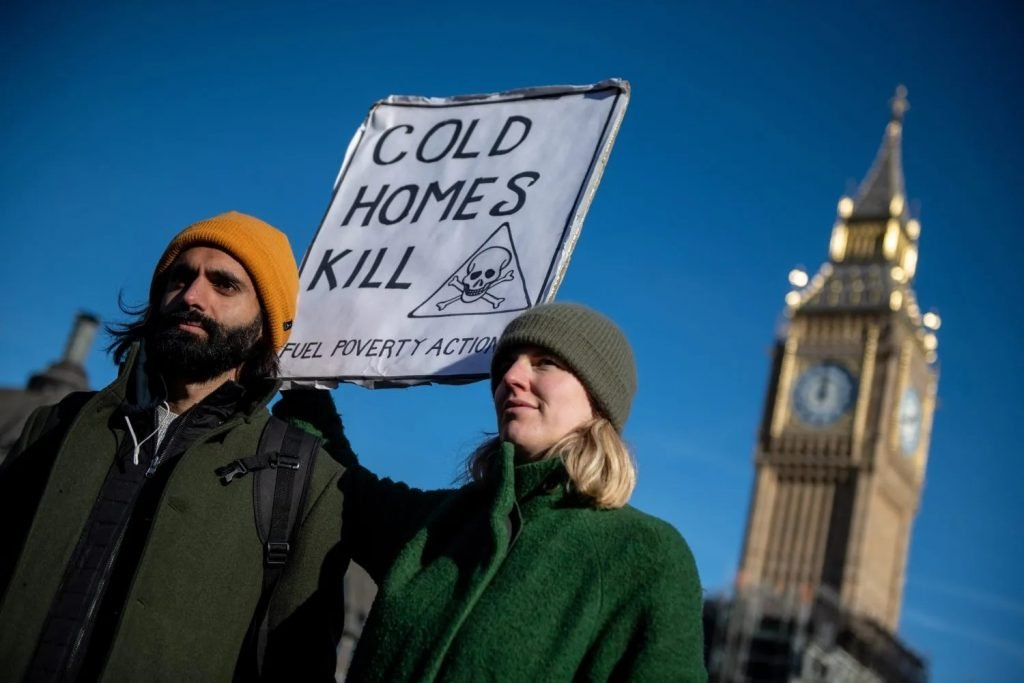Europe’s Biggest Energy Crisis

The world is witnessing the biggest energy crisis since the 1973 oil crisis but today’s energy crisis is very different and in this energy crisis Europe is in the middle of the storm. Europe has been relying on Russia’s energy supply for the last 57 years ever since the Druzhba pipeline was built to supply allies in the Eastern Bloc which has been operating since 1964 and The Urengoy-Pomary-Uzhgorod pipeline which was constructed in 1982-84. Since the 2000s Russia has been supplying gas to European countries, it was estimated that in the year 2010 there was a 30% market price share but this share was moved from 30% to 80% in 2020, which saved the EU an estimated $70 billion which was largely driven by the development of cheap US Shale gas. Today Europe relies on Russian fossil fuels as Russia supplies 45% of the EU’s natural gas and 27% of its imported oil. This is nearly a transaction of €400 billion in return.
Russia Ukraine War and Europe’s decision
Ever since Russia invaded Ukraine in the name of the security threat that Ukraine poses to Russia with the membership of NATO and the NATO arms expansion, ever since then Russia has launched a full-fledged invasion of Ukraine. Ever since the invasion started the European Union has imposed heavy sanctions on Russia targeting restrictive measures, economic sanctions and diplomatic measures. The EU has sanctioned not only goods but also 108 entities and 1212 individuals. The list includes individuals from Russia’s President Vladimir Putin to many of the individuals working in the government such as Russia’s Minister for Foreign Affairs and even many of the prominent business people who are active in many of the industries such as Russian steel, military products and some people from the selected families as well. Although the EU wasted no time in condemning Russia for its actions and since then the EU and all the financial institutions with it have committed to a budget of €5.4 billion to support Ukraine’s overall economic, social and financial resilience in the form of macro-financial assistance, budget support, emergency assistance, crisis response and humanitarian aid and in addition to that military measures has also been provided to Ukraine under the European Peace Facility which amount to €2.5 billion. The European Union has also raised €9.1 billion for people who have fled Ukraine since the war started.

Europe and the fears of the United States
Ever since the 1980s, there have been efforts by the Americans led by the Ronald Reagan administration who tried convincing the European countries not to rely on Russian oil as the Reagan administration had feared that a Kremlin-controlled natural gas infrastructure could increase the USSR’s influence on not only on Eastern Europe but also on Western Europe as well. Although the USA was unsuccessful in convincing the European Union, and despite many protests, the pipeline was built and many of the large gas firms such as Gazprom increased their fossil fuel production and its supply to Europe since the 1990s. Today Russia is the third largest exporter of natural gas and oil after the US and Saudi Arabia, but for the European Union, it is the main source of gas as Russia exports more than 45% of the European Union’s natural gas. Since 2009 Russia delivers natural gas to Europe through 12 pipelines out of which 3 pipelines are directly connected to countries such as Finland, Estonia and Latvia, another 4 pipelines through Lithuania and Poland and the rest 5 pipelines are through Ukraine to Slovakia, Romania, Hungary and Poland. In the last few years, the reliance of the European Union on Russian gas supplies had increased so much and especially in countries like Germany and Italy which today due to the war are facing the consequences of this huge dependency on Russia. Ever since Russia invaded Ukraine, the prices of barrels of petrol have skyrocketed from one barrel that used to cost $80 before the war which now costs $128. Today the fears of the United States have come true as the Russia-Ukraine conflict went on. Russia has reduced the supply of Gas through pipelines such as Nord Stream 1 to Europe by 20% and the consequences could be seen in Europe such as annual inflation has reached 9.6% in June for all the 19 countries that use the euro.

The European Union has moved to boost Coal use again to tackle the gas problem which they are facing, but this has consequences of its own as countries such as Germany, Austria, France and the Netherlands have all decided to activate their coal-fired plants but this may topple European Union of cutting emissions by 55% by 2030 compared to the 1990 levels. Many in the European Union are worried that the use of coal for a short-term period could end up being a long-term alternative as it’s been more than 150 days since the Russia-Ukraine invasion started and it does not look like the Conflict will end any time soon. The European Union could also be facing high gas prices if in case Russia decides to cut the pipeline supply fully, the European Union will also need to store gas for the upcoming winter as well to run their industries as well. Countries such as Germany and its citizens are already fearing a freezing winter if Russia cuts off its gas supply entirely.
Measures that can be taken by the European Union to tackle the crisis:
- Minimize the usage of gas -: This can be done by temporarily increasing the usage of coal and using oil-fired generators and by accelerating the deployment of low carbon sources, including nuclear power which is politically acceptable and technically feasible.
- Setting cooling standards and bringing down household electricity demands- government offices and public buildings can take the charge by setting up an example and campaigns can encourage behavioural change in consumers.
- Introduce an auction platform to encourage the EU gas users to reduce demand – Industrial gas consumers can offer a part of their gas supply as compensation for demand reduction products which will help in efficiency gains and will help in establishing a competitive bidding process.



















